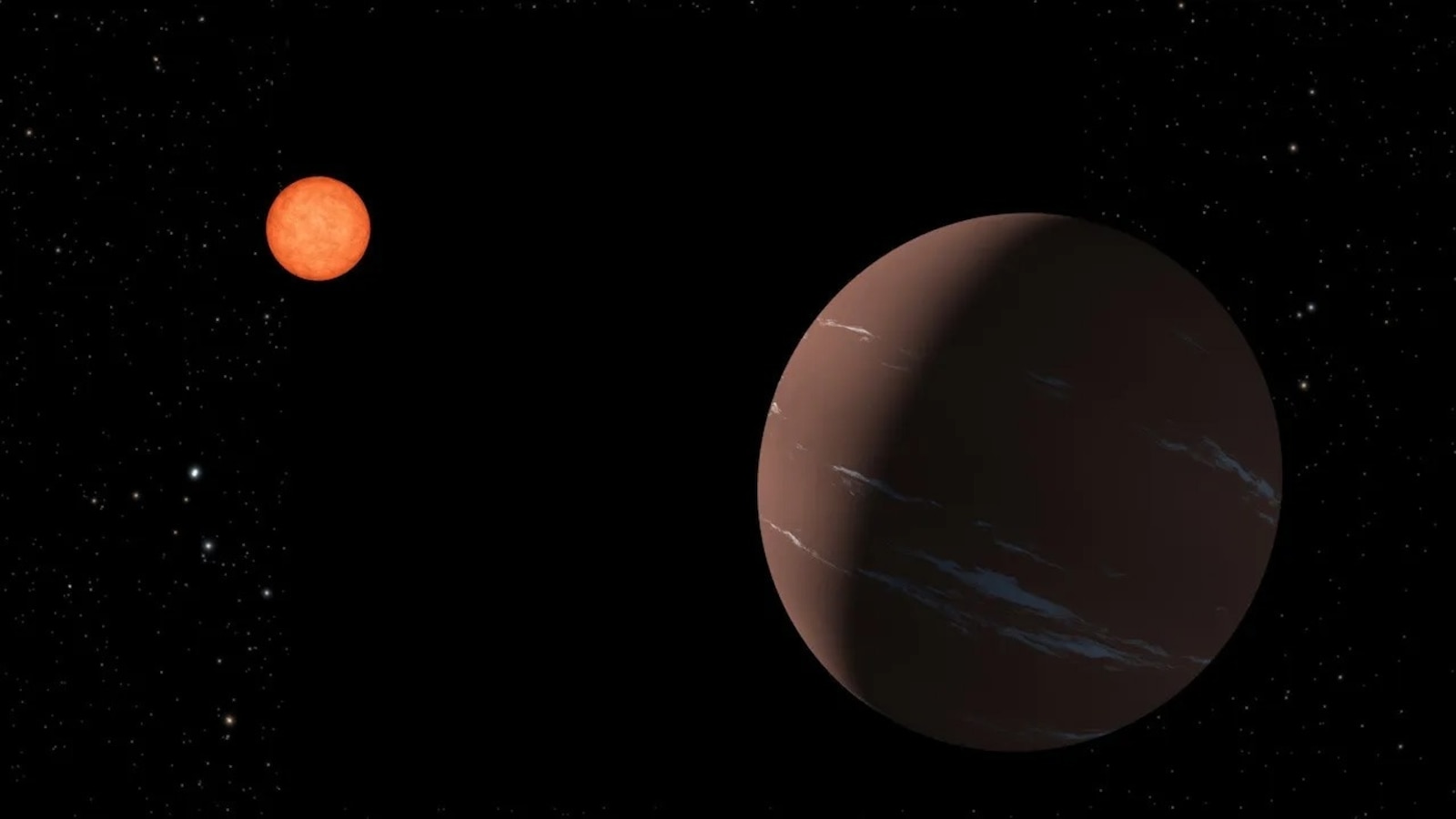The exoplanet, TOI-715 b, is about one and a half times the width of Earth.
Unfortunately super earths aren’t viable for us. They would both have crushing gravity and that gravity would make rockets leaving the planet impossible. Fuel to weight ratio would ensure no one could ever leave.
Don’t need to leave that planet in order to colonize it.
If we have technology to traverse 100+ ly, we likely have the technology to escae its gravity
You’re assuming the same density.
A Super-Earth is a type of exoplanet with a mass higher than Earth’s, but substantially below those of the Solar System’s ice giants, Uranus and Neptune, which are 14.5 and 17 times Earth’s, respectively.[1] The term “super-Earth” refers only to the mass of the planet, and so does not imply anything about the surface conditions or habitability.
But regardless, a planet larger than earth but of a low enough density to be feasible would be unfeasible for other reasons. Namely we require a magnetosphere to survive on the surface and for atmospheres we can breath to exist. For that the planet likely needs an iron core, or another ferrous metal core. I guess there could be ways of generating a magnetosphere without a metal core, but I don’t think scientists have figured out how that could work yet. Seeing as Iron is the end state of fission/fusion and is quite common in the universe, the majority of planets that have a viable magnetosphere probably uses this method.
That being said, the majority of the earth’s mass is the mantle, molten rock. It’s very unlikely suitable planets are made up of significantly less dense material than rock. And even without the core we’d replace the iron with rock and lower the overall mass by maaaaybe 20%. Still too massive to likely facilitate current rocket tech.
Neato!
So they could have organisms that are much stronger than us, but they could also be a lot smarter and a lot more cooperative with each other. But they would be unable to leave their planet because of the lack of chemical rockets and would need to come up with much more ingenious ideas while we could just hurl metal rods from the God’s and annihilate them.
A world filled with Gokus
So, how much more weight would one be subject to?
Assuming the same density, about three times as much gravity.
Gravity scales linearly with volume which scales with the cube of the width, (3/2)³ is about 3,4.
So we go there to train and come back as superheroes?
More like all our joints decay rapidly under the added stress, and we end up with crippling arthritis and an early grave. But maybe some generation of our descendants would be Bulrathi or Klingons or something, after some adaptation!
CRISPR me and send me home, baby!
Genetic engineering to the rescue.
CRISPR take me away!
Just being sensu beans with us. Worked for Goku!
Lie to us next time. Lol
That’s immediately where I went with it. XD
Let’s go!
but maybe it’s where we originally came from - and therefore already fully enshittified.
It’s entirely made of plastic and inhabited by ancient fascist protohumans






